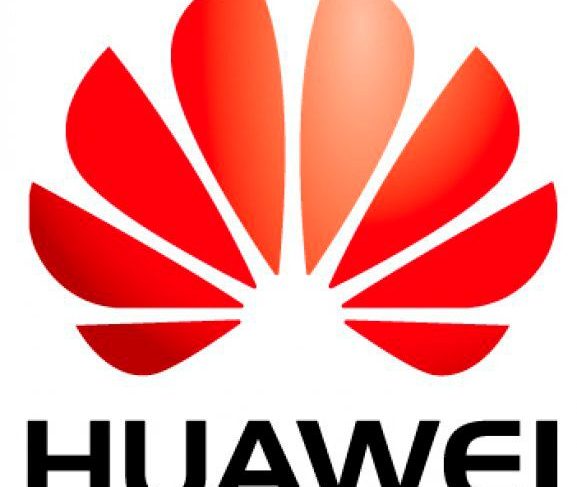
SHENZHEN, China – Huawei announced Thursday morning that it has filed a lawsuit in a U.S. court that challenges the constitutionality of the American government’s ban on the deployment of Huawei technology by American carriers – and carriers which do business with the U.S. government.
Through this action, Huawei seeks a declaratory judgment that the restrictions targeting Huawei are unconstitutional, and a permanent injunction against these restrictions, reads the press release.
The Chinese manufacturer’s gear is effectively banned from the United States, Australia and other countries due to security worries, and is limited in its deployment in others. It is in use in Telus and Bell's 4G LTE wireless network and the companies have been testing Huawei 5G technology because it is acknowledged to have a significant lead over other manufacturers on the 5G front.
During the press conference Thursday morning in China, Huawei executives even used Telus in its defence, noting Telus CTO Ibrahim Gedeon (they did not mention him by name, however,) said last year competition by Huawei has caused overall wireless technology pricing to decline by "15% at least," said Yunchao Ping, Huawei's 5G product line president during the press conference. It seems this report, from a conference in France last year, is what he was referencing.
Telus is a Huawei fan and executives are hopeful the Canadian government will rule favourably when it comes to Huawei's gear for 5G deployment. The company recently cautioned those speculating what might happen with the Canadian government's current national security review of potential partners in Canada’s 5G network, as we reported.
"The U.S. Congress has repeatedly failed to produce any evidence to support its restrictions on Huawei products. We are compelled to take this legal action as a proper and last resort," said Guo Ping, Huawei’s chairman. "This ban not only is unlawful, but also restricts Huawei from engaging in fair competition, ultimately harming U.S. consumers. We look forward to the court's verdict, and trust that it will benefit both Huawei and the American people."
The lawsuit was filed in a U.S. District Court in Plano, Texas. According to the complaint, Section 889 of the 2019 National Defense Authorization Act not only bars all U.S. government agencies from buying Huawei equipment and services, but also bars them from contracting with or awarding grants or loans to third parties who buy Huawei equipment or services, without any executive or judicial process, reads the press release.
“This violates the Bill of Attainder Clause and the Due Process Clause. It also violates the Separation-of-Powers principles enshrined in the U.S. Constitution, because Congress is both making the law, and attempting to adjudicate and execute it.”
"Section 889 is based on numerous false, unproven, and untested propositions. Contrary to the statute's premise, Huawei is not owned, controlled, or influenced by the Chinese government. Moreover, Huawei has an excellent security record and program. No contrary evidence has been offered,” said Song Liuping, Huawei's chief legal officer.
"If this law is set aside, as it should be, Huawei can bring more advanced technologies to the United States and help it build the best 5G networks,” added Guo Ping. “Huawei is willing to address the U.S. Government's security concerns. Lifting the NDAA ban will give the U.S. Government the flexibility it needs to work with Huawei and solve real security issues."


